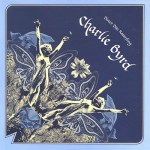 More of the Music of Charlie Byrd
More of the Music of Charlie Byrd
More Jazz Recordings Featuring the Guitar
This Crystal Clear 45 RPM Direct-to-Disc LP is pressed on white vinyl. Of the couple of copies we played, this one had the best sound.
It had more clarity than the other copy, which sounded even more veiled and smeary than this one.
I sure never liked the sound of this record though.
It’s dark and unnatural to my ears. It would be best to avoid it if you are looking for audiophile sound.
There are so many other, better Charlie Byrd recordings, why waste your time and money on this one? It’s yet another example of an “audiophile” record with practically nothing in the way of audiophile merit.
Which should not be too surprising. The bulk of the Crystal Clear records we’ve played had third-rate sound and pointless music.
Most of their direct to disc recordings were nothing but audiophile bullshit.
This Charlie Byrd title is the kind of crap we newbie audiophiles used to buy back in the ’70s — typically at stereo stores, or “audio salons” as they are often called now, the ones that are still in business anyway — before we had anything resembling a clue.
Yes, I was foolish enough to buy records like these and expect them to have good music, or at least good sound. Of course they had neither. Practically none of these kinds of records ever did. Sheffield and a few others made some good ones, but most Crystal Clears were crap.
As clueless as I was, even back in the day I could tell that I had just thrown my money away on this lipsticked-pig in a poke.
But I was an audiophile, and I wanted desperately to believe. These special super-hi-fidelity records were being made for me, for special people like me, because I had expensive equipment and regular records are just not good enough to play on my special equipment, right?
We didn’t want the mass-produced regular version of Silk Degrees. We had to have this limited edition remastered one. The premium price is obviously proof that we were going to get premium quality sound, right?
To say I was wrong to think about audio that way is obviously an understatement. Over the course of the last forty years, I (and to be fair, my friends and my staff) have been wrong about a great deal when it comes to records and audio, but the last thing we would want to do is try to hide that fact.
Making mistakes, like buying direct to disc recordings thinking they would have higher fidelity than the “regular” records sitting in the bins, is how we made progress. Experience is a great teacher, perhaps the only one.
Which is why there are about one hundred entries in our section detailing the many things we’ve gotten wrong, and believe me, those hundred entries barely scratch the surface of the stupid things I’ve done as I pursued this hobby.
Thank goodness Audio Progress is real and anyone who figures out how to do audio the right way is bound to achieve it.
Most audiophiles today seem to be making the same mistakes I made in my formative years in the hobby.
There is a better way, and this blog is dedicated to helping audiophiles find it.
(more…)

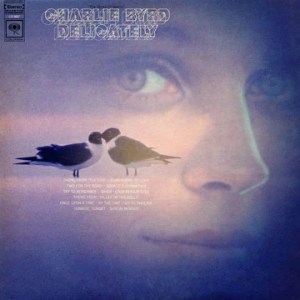


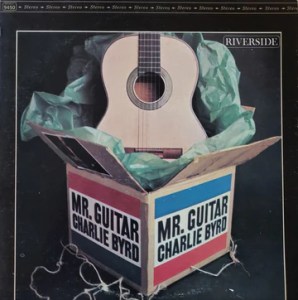
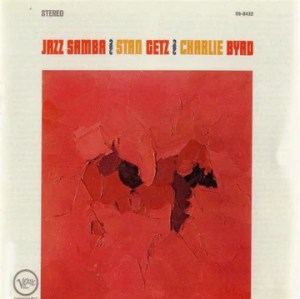
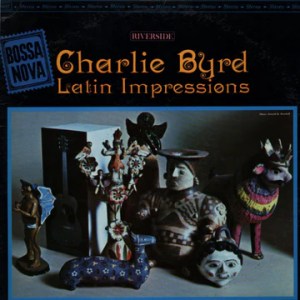
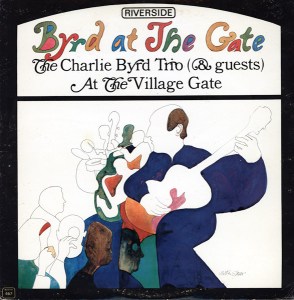
 More Stan Getz
More Stan Getz